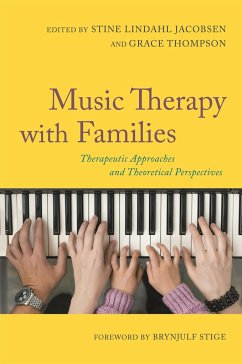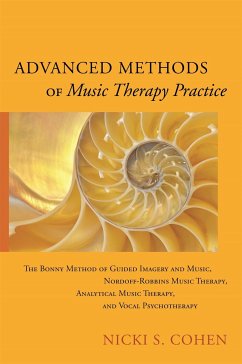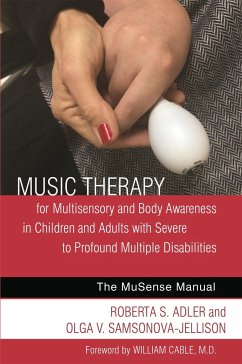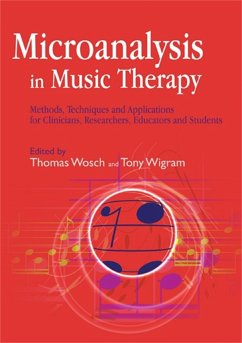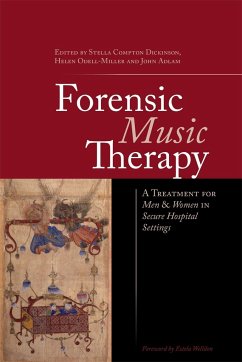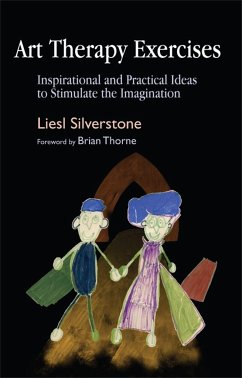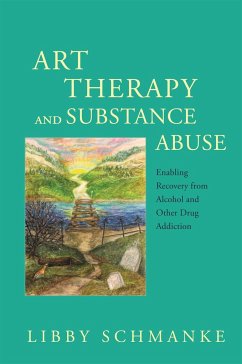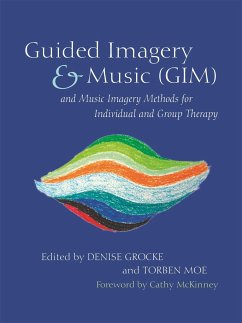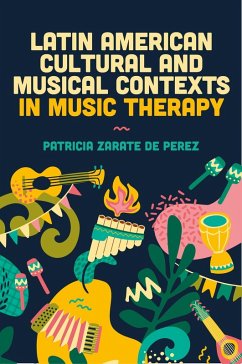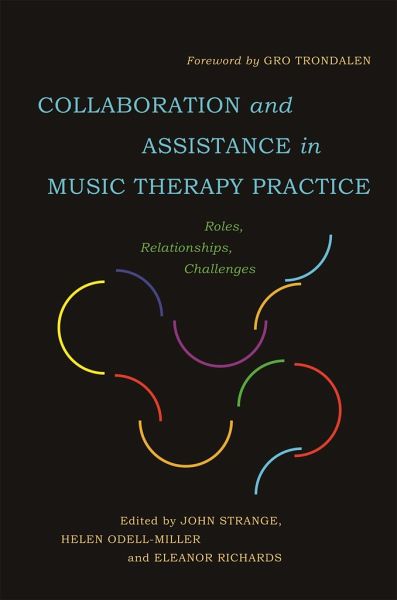
Collaboration and Assistance in Music Therapy Practice
Roles, Relationships, Challenges
Herausgeber: Strange, John; Richards, Eleanor; Odell-Miller, Helen

PAYBACK Punkte
24 °P sammeln!
Looking at the challenges and benefits of including collaborators in a course of music therapy, this edited volume offers ways for music therapists to make the most of family members, medical staff, and others who may be present, but not recipients, in music therapy sessions.




